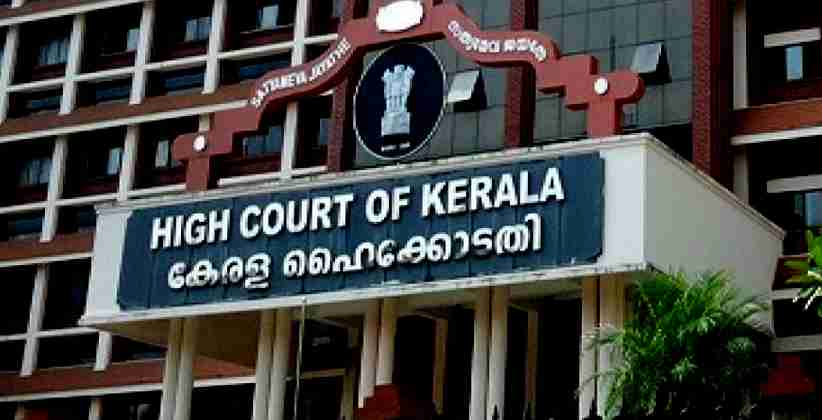The Kerala High Court rejected a plea to quash a sedition case against a person accused of maintaining a parallel Telephone Exchange in secrecy.
Justice P Somarajan observed that Section 4 and 20 of the Indian Telegraph Act, 1885 and Section 3 and 6 of Indian Wireless Telegraphy Act, 1933 are independent offenses having no overriding effect over Chapter XII of the Indian Penal Code. The present crime was registered by Manjari police station on Firoz, the allegation of an offence punishable under Section 124 A, 420 IPC, Section 4 and 20 of Indian Telegraph Act, 1885, and Section 3 and 6 of Indian Wireless Telegraphy Act 1933.
He filed a petition before the High Court and rely on the Supreme Court judgment in State of Uttar Pradesh v. Aman Mittal 2020 (1) KLT 260 (SC) on the ground that the penal provision under the Indian Penal Code, 1860 would not stands attracted and the accused cannot be charged for the said offence when it is covered by the provisions contained in the special enactment.
Justice P Somarajan noted that in Aman Mittal's case (Supra) was observed that Section 3 of Essential Commodities Act, 1955 completely overrides the provision of Chapter XII of Indian Penal Code,1860 and as such the accused cannot be charged for the same offence under Chapter XII of Indian Penal Code, 1860.
According to Section 20 of the Telegraph Act, 1885 if any person establishes, maintain, or works a telegraph within India in contravention to the provision of Section 4 or otherwise than as permitted by the rules made under that section he shall be punished and if the telegraph is a wireless telegraph with imprisonment which may extend to three years or with fine or with both and in any other case with a fine which may extend to 1000 rupees. Similar provision and penal provision are also enumerated in the Wireless Telegraphy Act, 1933.
The bench dismissed the contention and observed that:- " But Section 4 and 20 of Indian Telegraph Act, 1885 and Section 3 and 6 of Indian Wireless Telegraph Act, 1933 are independent offence having no overriding effect over Chapter XII of Indian Penal Code,1860. The allegations leveled against is not confirming to the provisions contained in the special enactment but extends to the offence of sedition punishable under Section 124A of Indian Penal Code,1860, and offence of cheating by playing reception on the statutory authority. It is not a case of violation of any of the provision contained in the special enactment has there cannot be any overriding effect especially when the allegation leveled against wood primer face I satisfied ingredient which would attract this addition as defined under Section 124A Indian Penal Code, 1860 by maintaining a parallel Telephone Exchange in secrecy and also offence of cheating by playing deception on statutory authority causing unlawful loss and gaining unlawful enrichment".
Section 124 A of Indian Penal Code, 1860 reads as "whoever by words, either spoken or written by signs, visible representation or otherwise brings or attempts to bring into hatred for contempt, or excites or attempts to excite disaffection towards, the Government established by law in India shall be punished with imprisonment for life, to which find may be added or with imprisonment which may extend to three years, to which find may be added or fine". Sedition is a non-bailable offence and punishable with a minimum imprisonment of three years and maximum life imprisonment along with the payment of the fine.








